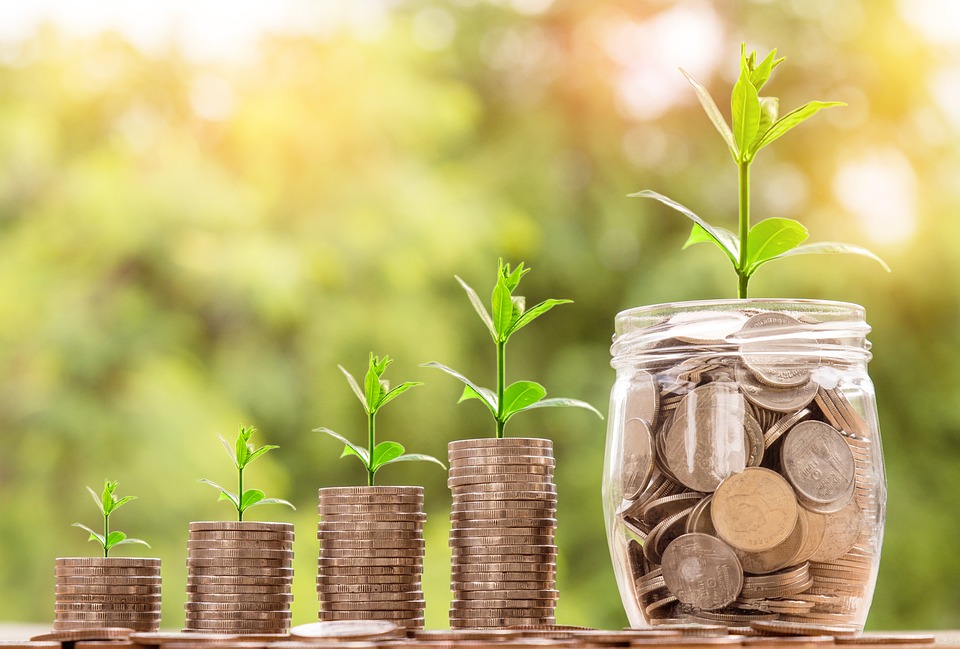
[ad_1]
Guava is a widely grown fruit in Bangladesh, known for its nutritional value and medicinal properties. With a conducive climate and fertile soil, Bangladesh has the potential to become a major player in the guava industry, with the fruit possessing great market potential in both the local and international markets.
The guava industry has been growing in recent years, with more local farmers and agribusinesses investing in guava cultivation. According to the Bangladesh Bureau of Statistics, the country produced 1.1 million metric tonnes of guava in 2018-2019, valued at approximately 1.04 billion taka. This represents a steady increase from previous years, highlighting the growth potential of the industry.
Guava cultivation is a lucrative business, with high returns on investment. The low production cost, combined with the growing demand for the fruit, makes it an attractive venture for Bangladesh’s agriculture sector. Guava trees can yield up to 300 fruits per tree, with a single fruit selling for approximately 15-20 taka in local markets. With proper management practices, a farmer can make a profit of up to 10-12 lakhs taka per hectare.
There is a growing demand for guava in both the local and international markets. Guava is a popular fruit, with a sweet and tangy taste that is enjoyed by people of all ages. Guava is commonly used in making juice, jelly, and other processed products, thereby increasing the demand for the fruit.
In Bangladesh, guava is a staple fruit, with a significant portion of the population consuming it regularly. As such, there is a growing demand for fresh guava in local markets, with the fruit being sold in traditional markets, supermarkets, and through e-commerce platforms. With the population of Bangladesh projected to reach 200 million by 2025, the demand for guava is expected to continue its upward trend.
The international market presents another opportunity for the guava industry. Bangladesh has already begun exporting guava to countries like the United Kingdom, the United States, and Malaysia, with the fruit being highly sought after due to its excellent quality and taste. The global demand for fresh and processed guava products is on the rise, with the industry expected to reach a value of $5.56 billion by 2026.
To fully exploit the market potential of guava in Bangladesh, there is a need for investment in research and development, post-harvest storage, and processing technology. Adopting modern farming techniques, such as high-density planting, irrigation, and greenhouse cultivation, can also increase yields and reduce production costs.
In conclusion, the guava industry presents a significant opportunity for Bangladesh’s agribusiness sector. With the right investment and management, the industry can fully exploit the market potential of the fruit, both locally and internationally. As such, policymakers and stakeholders should focus on creating an enabling environment for guava farmers and investors to maximize the potential of this booming industry.
[ad_2]






















